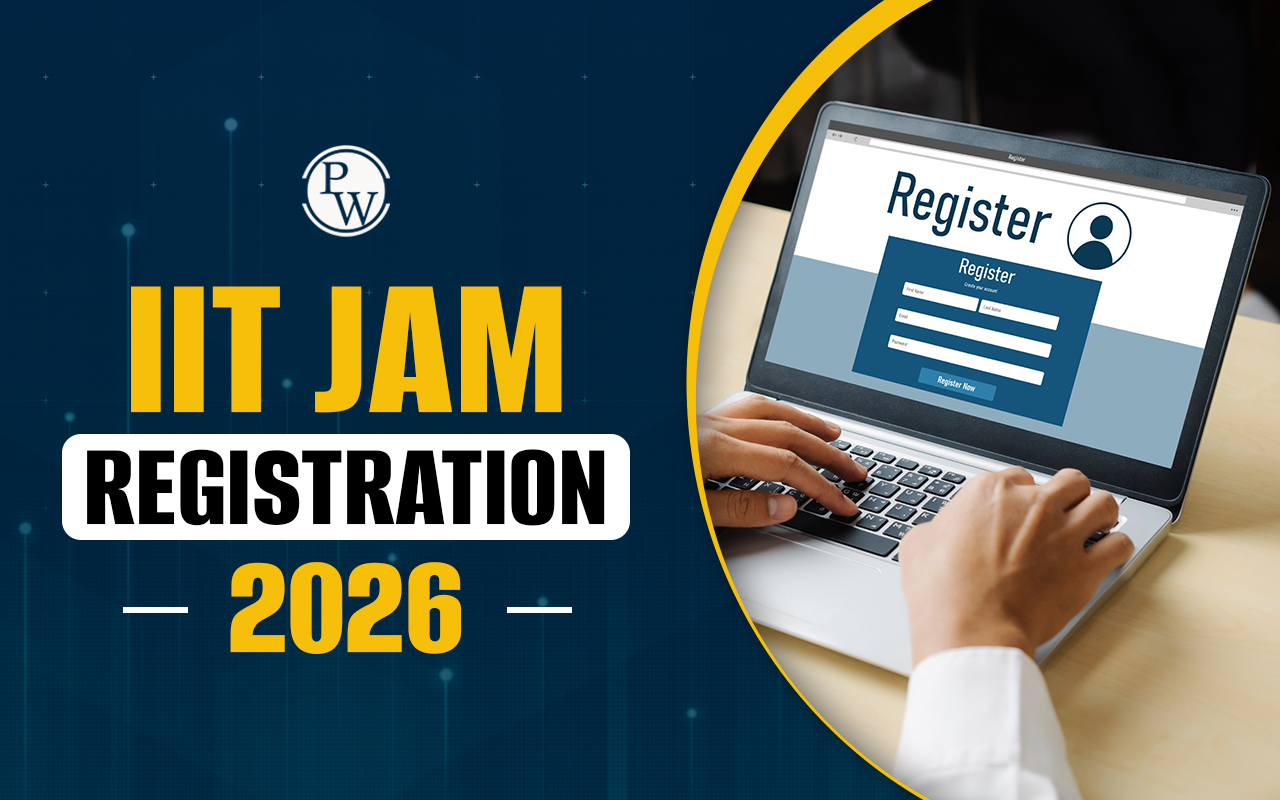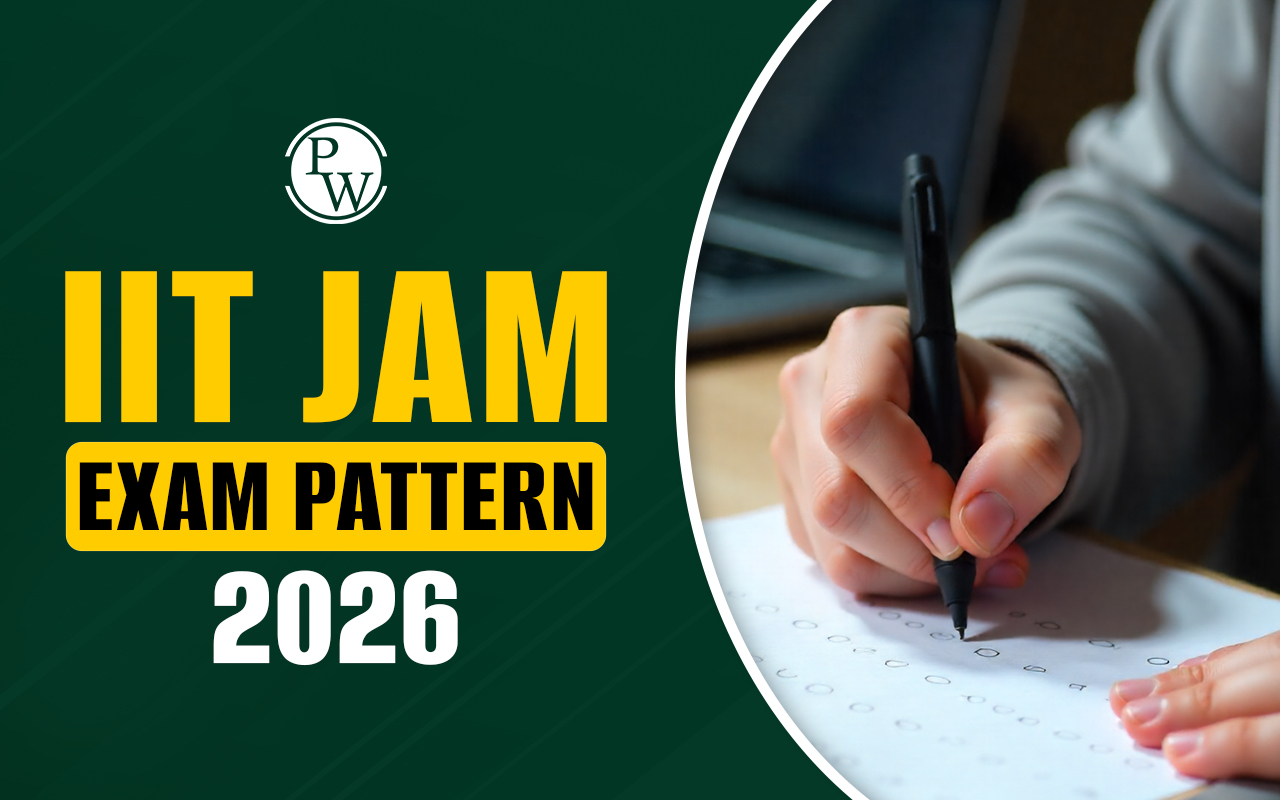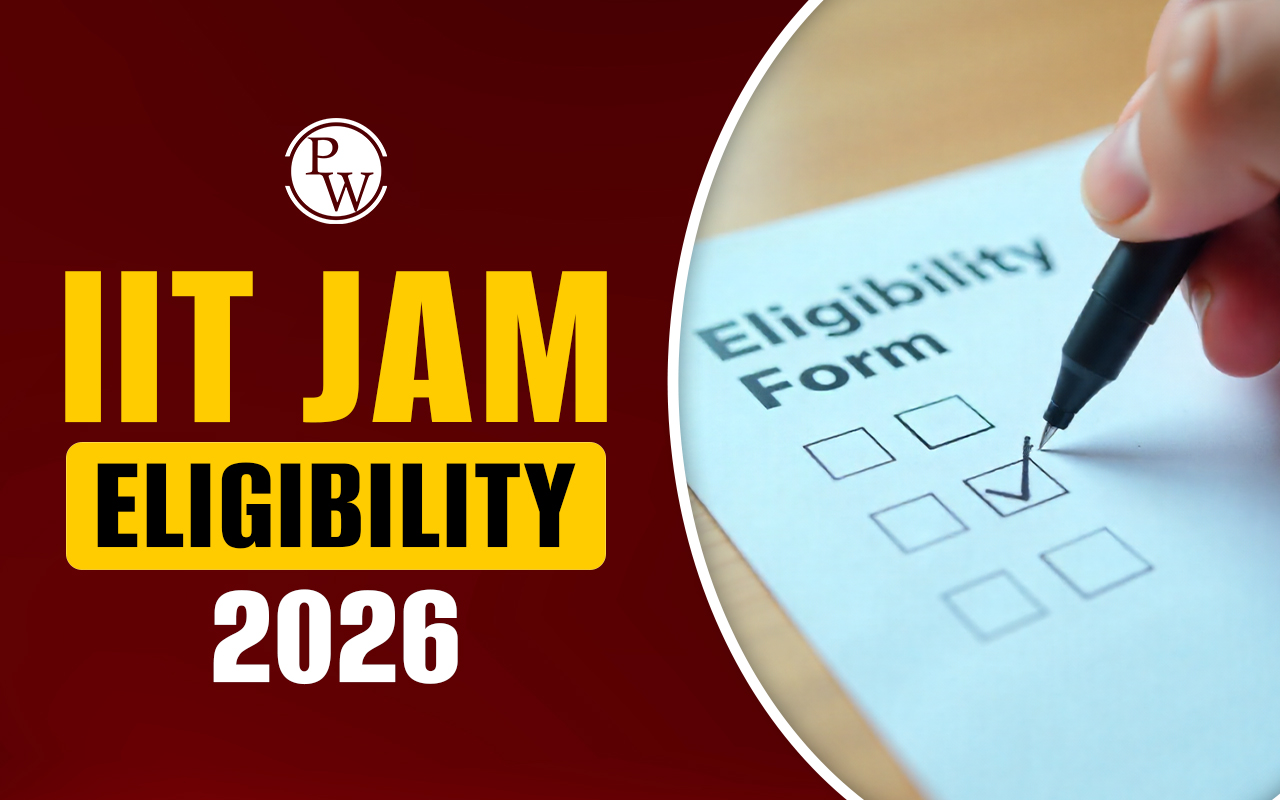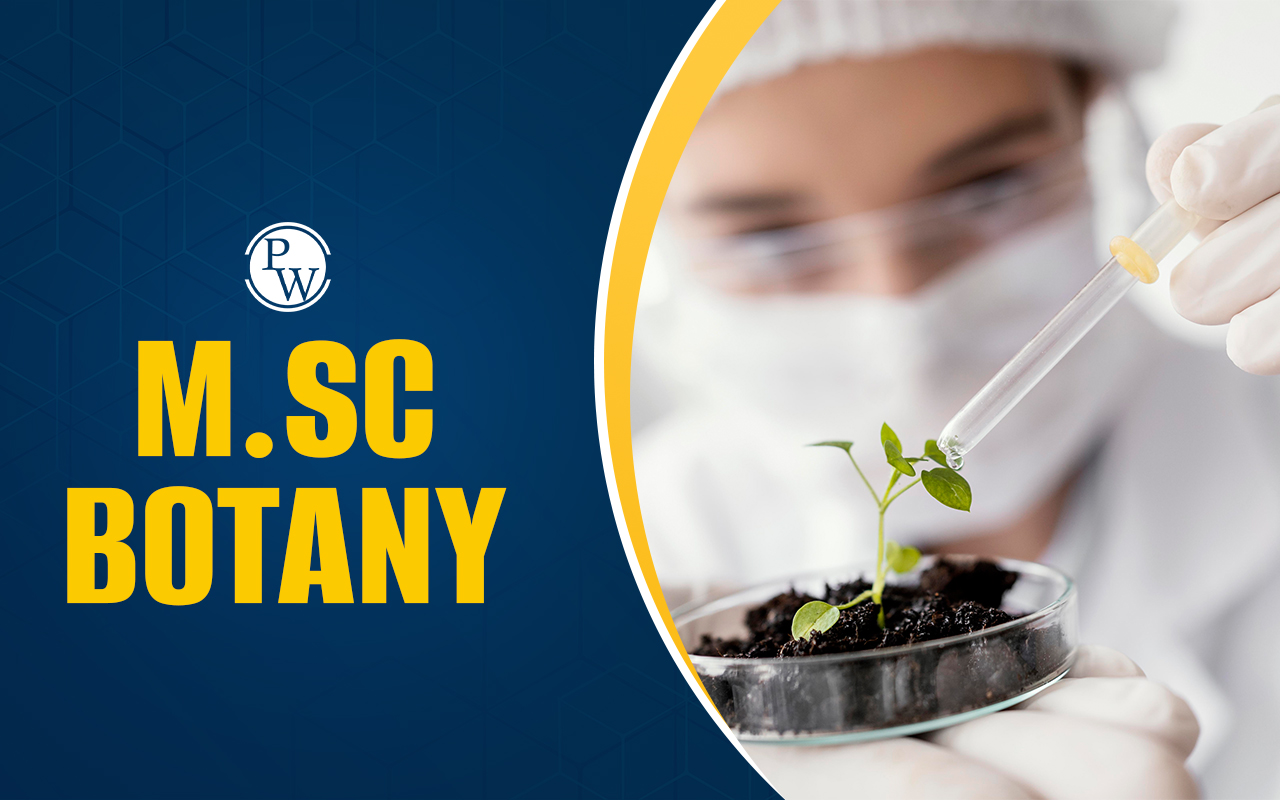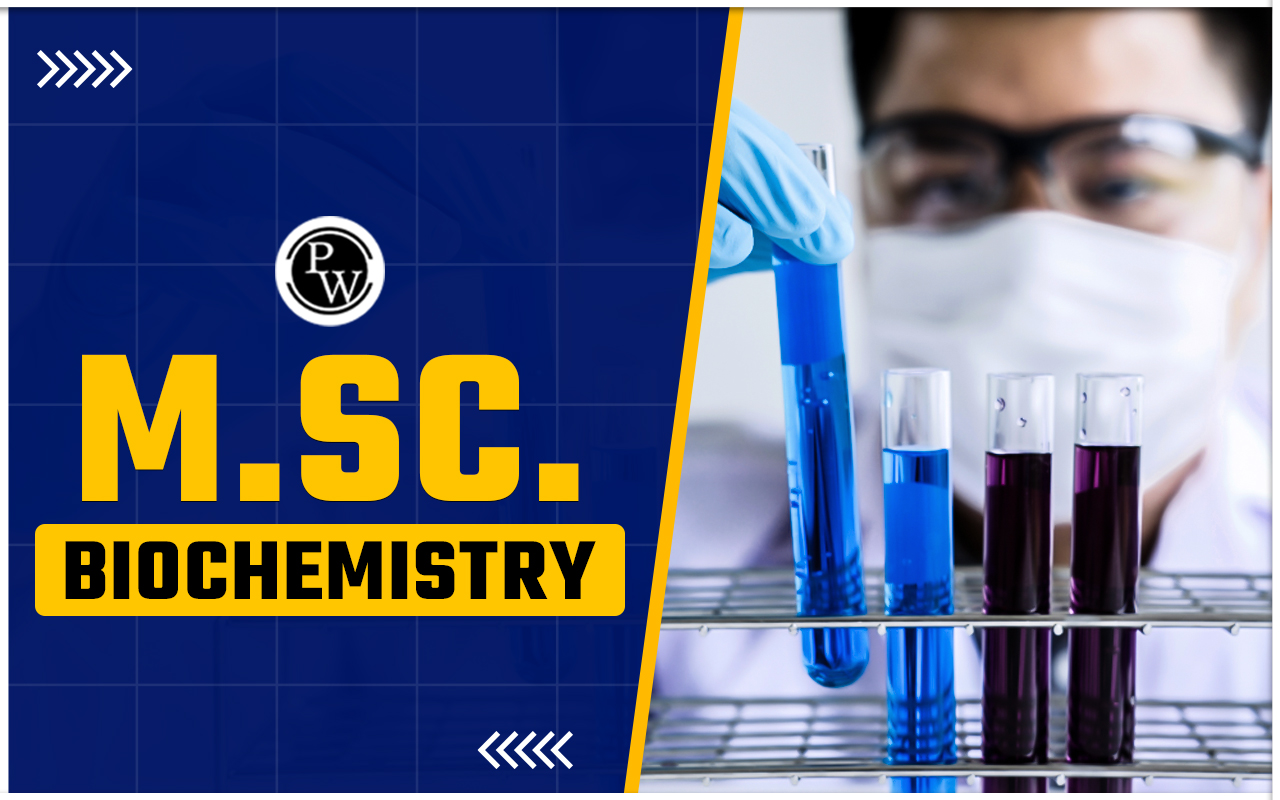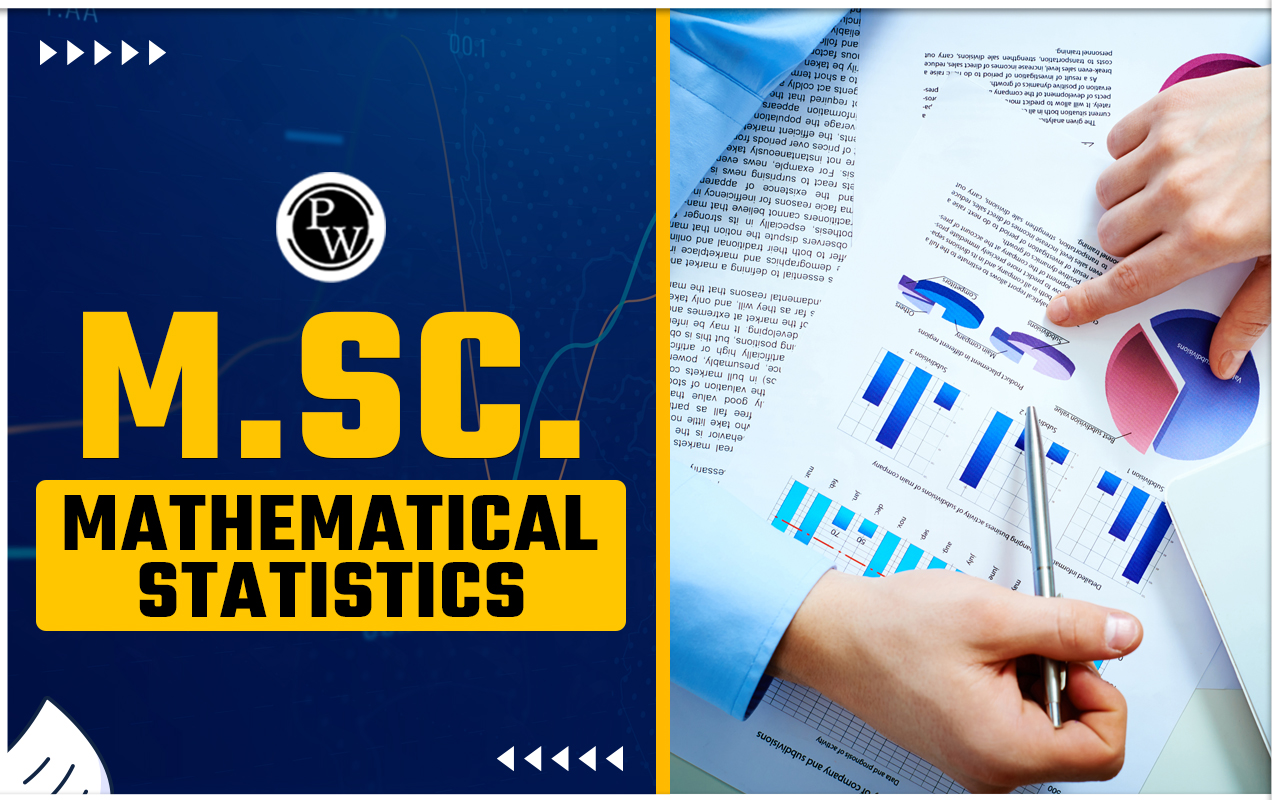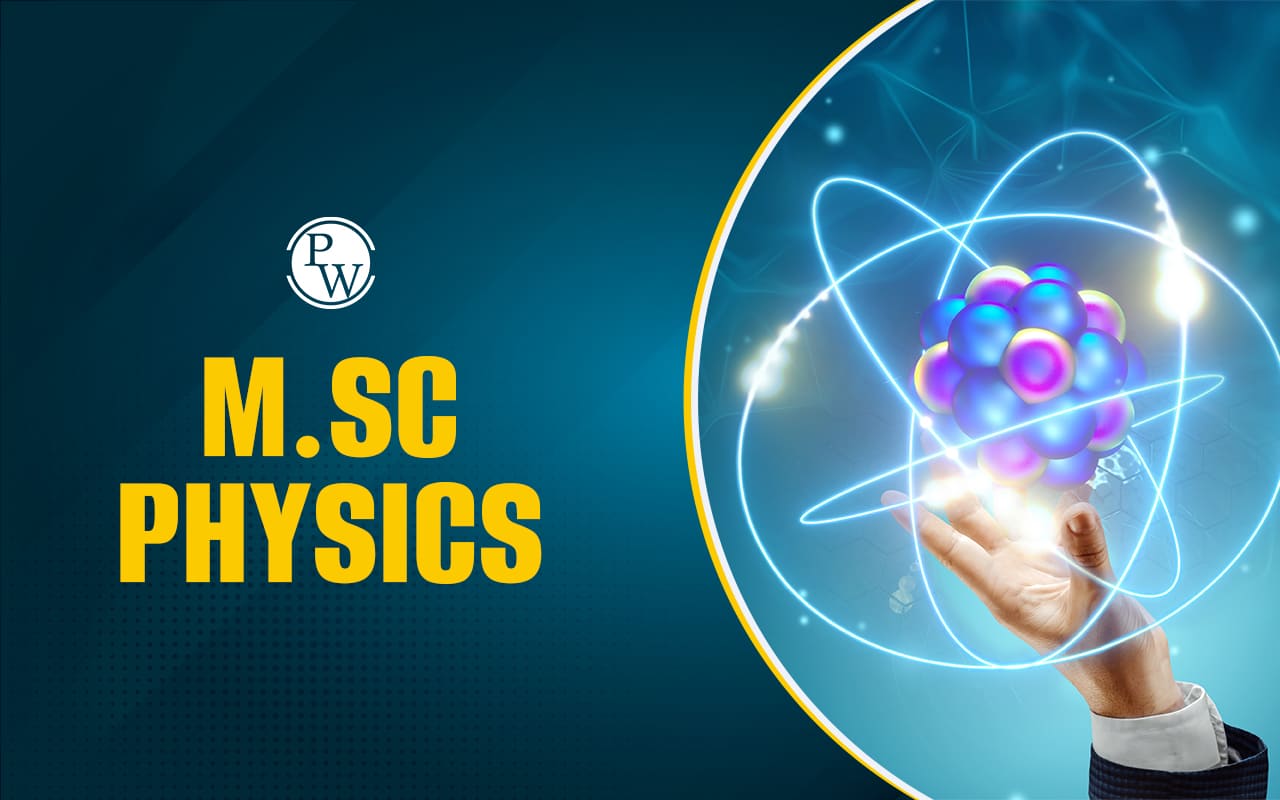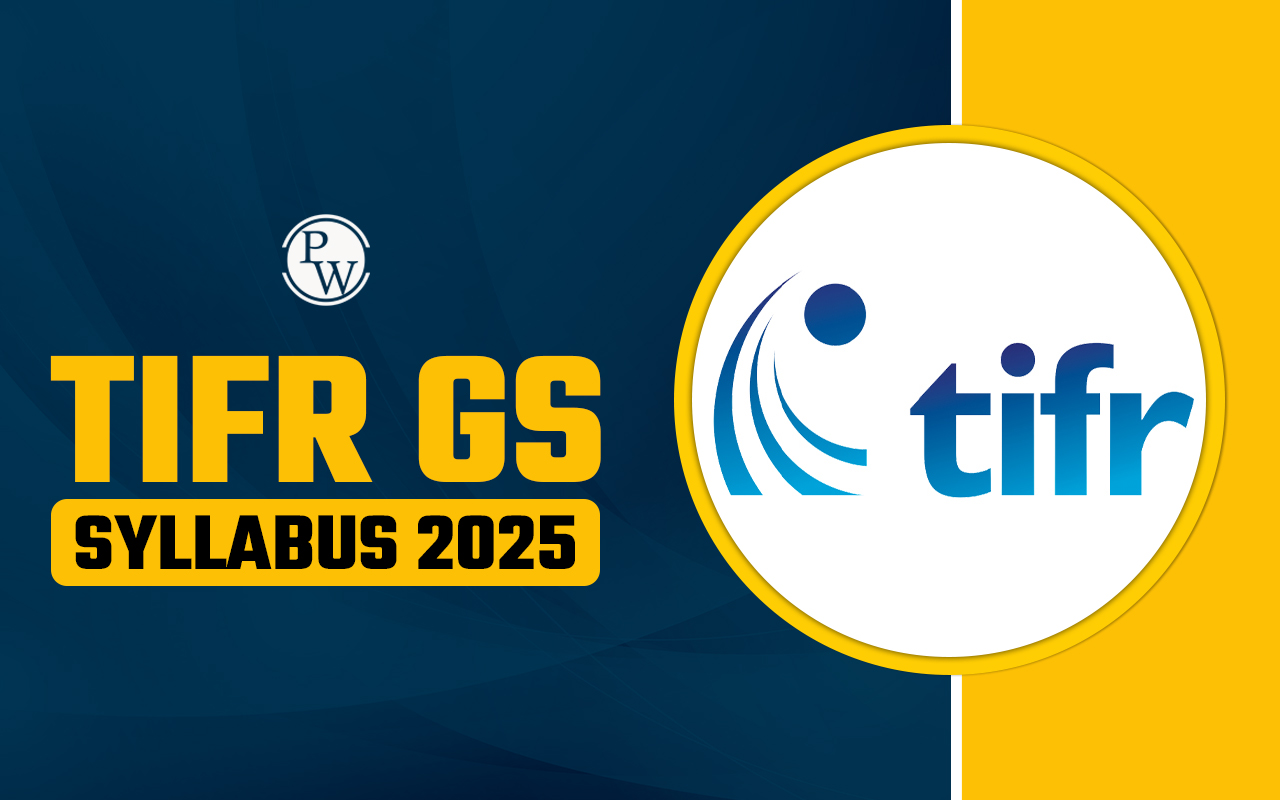
TIFR GS Syllabus 2025: The Tata Institute of Fundamental Research (TIFR) has released the TIFR GS Syllabus 2025 on the official website. This syllabus is essential for students preparing for the TIFR GS 2025 exam, which will take place on December 8, 2024. It provides a comprehensive outline of the topics across various subjects, including Mathematics, Physics, Chemistry, Biology, and Computer Science. By reviewing the syllabus, candidates can focus their studies on the key areas required for success in the exam. Check this article for TIFR GS Syllabus 2025.
TIFR GS Syllabus 2025 Overview
TIFR GS 2025 exam is going to be held on December 8, 2024. The TIFR GS 2025 is an important exam conducted by the Tata Institute of Fundamental Research for graduate studies. Below is an overview of important details about the exam, including the conducting body, application mode, exam format, and more.| TIFR GS Syllabus 2025 Overview | |
| Exam Name | TIFR GS 2025 |
| Conducting Body | Tata Institute of Fundamental Research |
| TIFR GS Full Form | Tata Institute of Fundamental Research Graduate School |
| Category | TIFR GS Syllabus 2024 |
| Exam Level | National |
| Mode of Application | Online |
| Exam Mode | Online |
| Exam Language | English |
| Type of Questions | Multiple Choice Questions (MCQs), Subjective Questions, True- False Statements |
| Exam Duration | 3 Hours |
| Negative Marking | Yes |
| Official Website | https://www.tifr.res.in/ |
TIFR GS Syllabus 2025 PDF Download
You can easily download the TIFR GS 2025 syllabus for all subjects in PDF format. This syllabus will help you understand what topics you need to study for your upcoming exams. Check the table below for direct links to download the syllabus for each subject.| TIFR GS Syllabus 2025 PDF Download | |
| Subjects | Download PDF |
| Mathematics | Click Here |
| Mathematics PhD at CAM | Click Here |
| Physics | Click Here |
| Science Education | Click Here |
| Biology | Click Here |
| Chemistry | Click Here |
| Computer Science & Learning, Information and Data Sciences | Click Here |
TIFR GS Syllabus 2025 Subject Wise
The TIFR GS 2024 syllabus covers important topics you need to study for your admission tests in different subjects. Each section below gives you a simple overview of what to expect as you prepare for your exams. Whether you're looking at Biology, Chemistry, Computer Science, Mathematics, or Physics, this guide will help you focus on the key areas so you can be ready.TIFR GS Syllabus 2025 for Biology
The TIFR GS 2024 Biology syllabus includes topics that students should have learned in high school or during their undergraduate science courses. There is no need to study any special topics because all the multiple-choice questions will be based on what you already know from your basic science education. The official information states that the test will cover fundamental concepts in Mathematics, Physics, Chemistry, and Biology, but there isn't a strict syllabus for the Biology section of the exam.TIFR GS Syllabus 2025 for Chemistry
The TIFR GS 2024 syllabus for the Chemistry written test follows the standard curriculum found in Indian universities for B.Sc. and M.Sc. degree programs. The questions are designed to assess your basic understanding and knowledge in several key areas, including:- Physical Chemistry
- Organic Chemistry
- Inorganic Chemistry
- Analytical Chemistry
- Electrochemistry
- Quantum Chemistry
- Biophysics
- Thermodynamics
- Spectroscopy (NMR, fluorescence, IR, UV, and X-ray)
- Logic and statistics
- Mathematical methods
TIFR GS Syllabus 2025 for Computer Science & Learning, Information and Data Sciences
The TIFR GS 2024 syllabus for Computer Science and Learning, Information, and Data Sciences includes important topics that you need to study for the exam. Here’s a simple overview:Computer Science
- Discrete Mathematics : This includes concepts like sets, relations, combinatorics (counting), elementary probability theory, graph theory, and both propositional and predicate logic.
- Formal Languages and Automata Theory : Focus on the study of formal languages, automata, and computability.
- Data Structures and Algorithms : Understand arrays, lists, trees, sorting and searching techniques, graph algorithms, and the complexity of problems, including NP-completeness.
- Programming Languages and Compilers : Learn about control structures, parameter passing mechanisms, recursion, parsing, type checking, and memory management.
- Operating Systems and Concurrency : Explore how operating systems work and concepts related to concurrent processes.
- Switching Theory and Digital Circuits : Study the principles of switching theory and the design of digital circuits.
- Theory of Databases : Gain knowledge about database theory and management.
Learning, Information, and Data Sciences (LIDS)
- Engineering Mathematics : Review key topics like probability, linear algebra, basic optimization, basic analysis, and calculus.
- Electrical and Computer Sciences : Understand signals and systems, as well as digital signal processing.
TIFR GS Syllabus 2025 for Mathematics
The TIFR GS 2024 syllabus for Mathematics outlines the topics you need to study for the nationwide test, which will take place at various centers in December. This test is important for students applying to several programs, including:- PhD and IntPhD programs at the School of Mathematics, TIFR, Mumbai
- IntPhD program at TIFR CAM, Bengaluru
- PhD program at ICTS, Bengaluru
- CAM-ICTS PhD program in Applied and Computational Mathematics
Syllabus for Stage I
The nationwide test mainly focuses on math topics that you would learn in a regular B.Sc. course. Here’s a simple list of the important areas you should study:- Algebra : Understand the definitions and examples of groups (both finite and infinite), cyclic groups, subgroups, homomorphisms, and quotient groups. Study group actions and Sylow theorems, as well as definitions and examples of rings and fields. Familiarize yourself with integers, polynomial rings, and their properties. Key concepts include vector spaces, matrices, determinants, ranks of linear transformations, and characteristic and minimal polynomials, along with inner products and positive definiteness.
- Analysis : Learn the basics of real and complex numbers, including the convergence of sequences and series. Study continuity, differentiability, and Riemann integration of real-valued functions on intervals, as well as elementary functions like polynomial, rational, exponential, logarithmic, and trigonometric functions. Understand the various types of convergence for sequences and series of functions.
- Geometry/Topology : Review the elementary geometric properties of shapes and figures in 2D and 3D Euclidean spaces, such as triangles, circles, and spheres. Familiarize yourself with plane analytic geometry and trigonometry, and learn about metric spaces, including their definitions and basic properties. Key topics include connectedness, compactness, and continuity of functions in metric spaces.
- General Concepts : Understand the pigeonhole principle, induction, basic properties of divisibility, elementary combinatorics (including permutations, combinations, and binomial coefficients), graph reasoning, and basic probability theory.
TIFR GS Syllabus 2025 for Mathematics PhD at CAM
The TIFR GS 2024 syllabus for the Mathematics PhD program at TIFR CAM covers important topics in various areas of mathematics. Check the given below Syllabus:- Real Analysis : Understand Riemann and Riemann-Stieltjes integration, sequences and series of functions, and concepts like uniform convergence and the Arzelà-Ascoli theorem. You should also learn about functions of several variables, continuity, directional derivatives, and fixed-point theorems.
- Ordinary Differential Equations (ODEs) : Focus on the existence and uniqueness of solutions for first-order ODEs, linear ODEs (both homogeneous and non-homogeneous), and the stability of linear equations. Be familiar with the Sturm-Liouville boundary value problem and Green's functions.
- Linear Algebra : Study vector spaces, linear transformations, matrix algebra, and determinants. Important topics include eigenvalues and eigenvectors, the Cayley-Hamilton theorem, and the spectral theorem.
- Topology : Learn about topological spaces, product topology, separation axioms, and concepts like connectedness and compactness. Familiarize yourself with continuous maps and homeomorphisms.
- Functional Analysis : Understand normed linear spaces, Banach spaces, and continuous linear functionals. Key theorems to know include the Hahn-Banach theorem and the open mapping theorem.
- Measure Theory : Get to grips with Lebesgue measure and integration, as well as convergence theorems like Fatou's and the monotone convergence theorem.
- Complex Analysis : Study the Cauchy-Riemann equations, contour integration, and important theorems like Cauchy's integral formula and Liouville’s theorem.
- Probability : Learn about discrete probability, random variables, expectations, variances, and the law of large numbers. Understanding conditional probabilities and limit theorems is essential.
TIFR GS Syllabus 2025 for Physics
The TIFR GS 2024 syllabus for the Admissions Tests in Physics is based on the standard coursework found in undergraduate and master’s programs at Indian universities. The exam consists of a screening test and interviews or written tests, covering the following key areas:- Classical Mechanics : Understand the laws of motion, forces, energy, and momentum.
- Mathematics Relevant to Physics : This includes calculus, linear algebra, and differential equations that are essential for solving physical problems.
- Electricity and Magnetism : Study electric fields, magnetic fields, circuits, and the principles of electromagnetism.
- Quantum Mechanics : Familiarize yourself with the basic concepts of quantum theory, including wave-particle duality and uncertainty principles.
- Heat, Thermodynamics, and Statistical Physics : Learn about temperature, heat transfer, laws of thermodynamics, and statistical methods used in physics.
- General Physics : This encompasses a broad range of fundamental topics in physics.
- Modern Physics : Explore recent developments in physics, including atomic and nuclear physics.
- Electronics and Experimental Physics : Gain knowledge in circuits, signals, and the practical aspects of conducting experiments in physics.
TIFR GS Syllabus 2025 FAQs
What is the TIFR GS exam?
The TIFR GS exam is conducted by the Tata Institute of Fundamental Research for students who want to pursue graduate studies in various subjects like Physics, Mathematics, Chemistry, Biology, and Computer Science.
When will the TIFR GS 2025 exam take place?
The TIFR GS 2025 exam is scheduled for December 8, 2024.
How can I access the TIFR GS Syllabus 2025?
You can download the TIFR GS 2025 syllabus in PDF format from the official TIFR website. Links for each subject's syllabus are provided on their site.
What type of questions can I expect in the TIFR GS exam?
The exam will include multiple-choice questions (MCQs), subjective questions, and true-false statements.
Is there negative marking in the TIFR GS exam?
Yes, there is negative marking for incorrect answers in the TIFR GS exam.
Talk to a counsellorHave doubts? Our support team will be happy to assist you!

Check out these Related Articles
Free Learning Resources
PW Books
Notes (Class 10-12)
PW Study Materials
Notes (Class 6-9)
Ncert Solutions
Govt Exams
Class 6th to 12th Online Courses
Govt Job Exams Courses
UPSC Coaching
Defence Exam Coaching
Gate Exam Coaching
Other Exams
Know about Physics Wallah
Physics Wallah is an Indian edtech platform that provides accessible & comprehensive learning experiences to students from Class 6th to postgraduate level. We also provide extensive NCERT solutions, sample paper, NEET, JEE Mains, BITSAT previous year papers & more such resources to students. Physics Wallah also caters to over 3.5 million registered students and over 78 lakh+ Youtube subscribers with 4.8 rating on its app.
We Stand Out because
We provide students with intensive courses with India’s qualified & experienced faculties & mentors. PW strives to make the learning experience comprehensive and accessible for students of all sections of society. We believe in empowering every single student who couldn't dream of a good career in engineering and medical field earlier.
Our Key Focus Areas
Physics Wallah's main focus is to make the learning experience as economical as possible for all students. With our affordable courses like Lakshya, Udaan and Arjuna and many others, we have been able to provide a platform for lakhs of aspirants. From providing Chemistry, Maths, Physics formula to giving e-books of eminent authors like RD Sharma, RS Aggarwal and Lakhmir Singh, PW focuses on every single student's need for preparation.
What Makes Us Different
Physics Wallah strives to develop a comprehensive pedagogical structure for students, where they get a state-of-the-art learning experience with study material and resources. Apart from catering students preparing for JEE Mains and NEET, PW also provides study material for each state board like Uttar Pradesh, Bihar, and others
Copyright © 2025 Physicswallah Limited All rights reserved.
